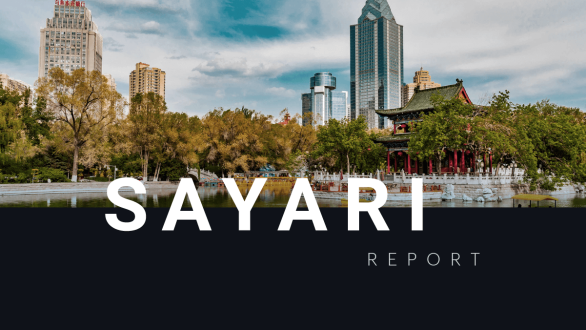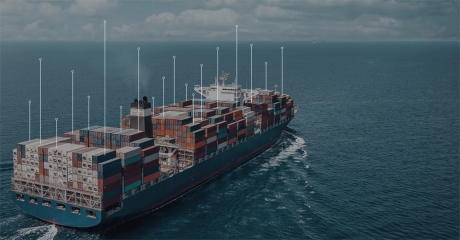The Uyghur Forced Labor Prevention Act (UFLPA) requires U.S. importers to screen not just all goods, but also all inputs used in the manufacture of those goods, for Xinjiang forced labor risk. Daunting in any circumstance, this mandate is made all the more challenging by trade and travel fallout from the COVID-19 pandemic, anti-transparency measures by the Chinese state, and the growing complexity of global supply chains.
Thankfully, publicly available data gleaned from such sources as corporate filings and government registries can go a long way toward screening supply chains for forced labor risk. It’s all a matter of knowing what to look for and how to look for it. This ebook demonstrates actionable investigative tactics in a series of case studies and includes:
- How to screen company attributes for forced labor risk
- How to spot forced labor risk in related companies
- Which public data sources have the most helpful information
Avoid penalties under the UFLPA and enhance your Xinjiang forced labor risk screening by downloading the ebook and gaining access to a list of related resources.
About Sayari
Sayari empowers regulators and investigators to mitigate risk exposure and fight financial crime by providing instant visibility into commercial networks worldwide. Its flagship solution, Sayari Graph, harvests billions of public records from over 200 jurisdictions to deliver a global database of ownership hierarchies, commercial relationships, and risk analyses—available via web application, API, or data subscription. Since its founding in 2015, Sayari has earned the trust of top financial institutions, Fortune 100 corporations, and government agencies, securing a $40M Series C in 2021. Sayari is headquartered in Washington, D.C., and its solutions are used by more than 3,000 frontline analysts in 35 countries.



